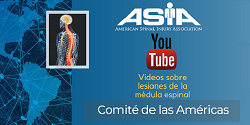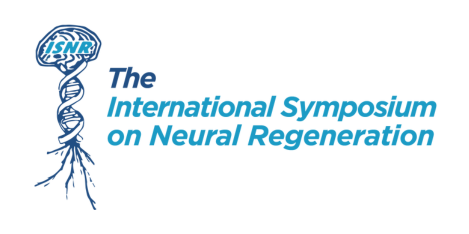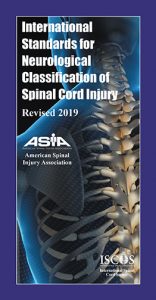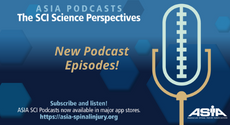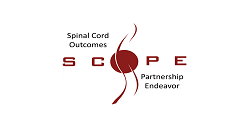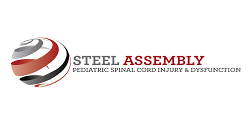| Health Maintenance Checklist |
|---|
1. Assess all aspects of the client’s bowel program including oral medication, diet, rectal interventions, and frequency of bowel movement.
2. Ask about the amount of time required for bowel emptying.
3. Assess the impact of potential incontinence, autonomic dysreflexia due to constipation or rectal irritation, and other bowel complications on quality of life.
| Lista de verificación de mantenimiento de la salud |
|---|
1. Evaluar todos los aspectos del programa intestinal del paciente, incluyendo los medicamentos orales, la dieta, las intervenciones rectales y la frecuencia de las evacuaciones.
2. Preguntar sobre la cantidad de tiempo necesario para el vaciado intestinal.
3. Evaluar el impacto de la incontinencia potencial, la disreflexia autonómica debida al estreñimiento o la irritación rectal y otras complicaciones intestinales en la calidad de vida.
.
| Episodic Care Considerations |
|---|
1. Due to sensory deficits and impairment of anal sphincter control, people with SCI need scheduled bowel emptying for social continence.
2. Oral medications are used to modulate stool consistency. To avoid incontinence and diarrhea, avoid overuse of oral agents.
3. Options including ostomy or other surgical procedures are considerations that may improve quality of life, intractable incontinence, prolonged bowel emptying, severe autonomic dysreflexia, and other bowel care-related complications.
| Consideraciones de cuidado episódico |
|---|
1. Debido a los déficits sensoriales y al deterioro del control del esfínter anal, las personas con LME necesitan un vaciado intestinal programado para la continencia social.
2. Se utilizan medicamentos orales para modular la consistencia de las heces. Para evitar la incontinencia y la diarrea, evitar el uso excesivo de agentes orales.
3. Las opciones que incluyen la ostomía u otro procedimiento quirúrgico son consideraciones que pueden mejorar la calidad de vida, incontinencia intratable, vaciado intestinal prolongado, disreflexia autónoma grave y otras complicaciones relacionadas con el cuidado intestinal.

